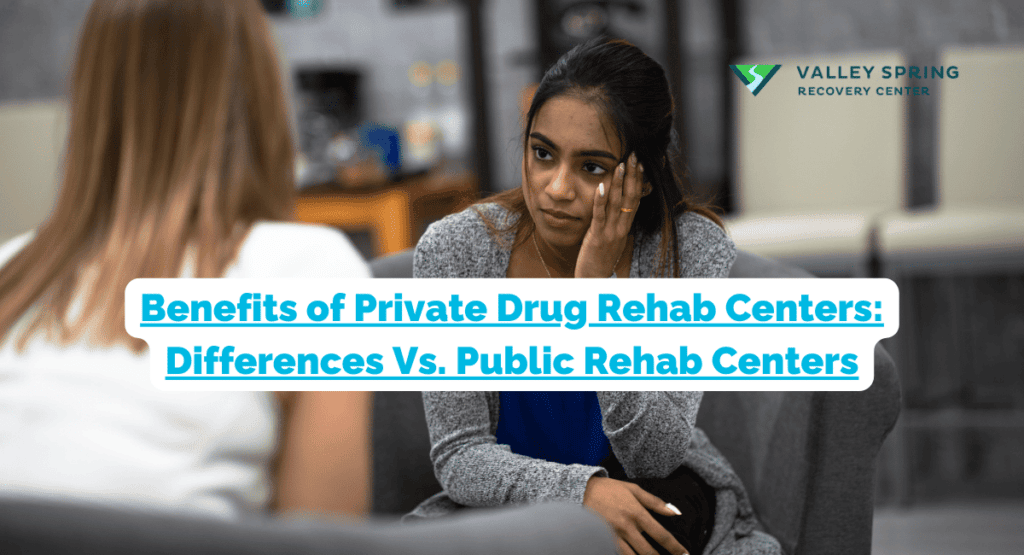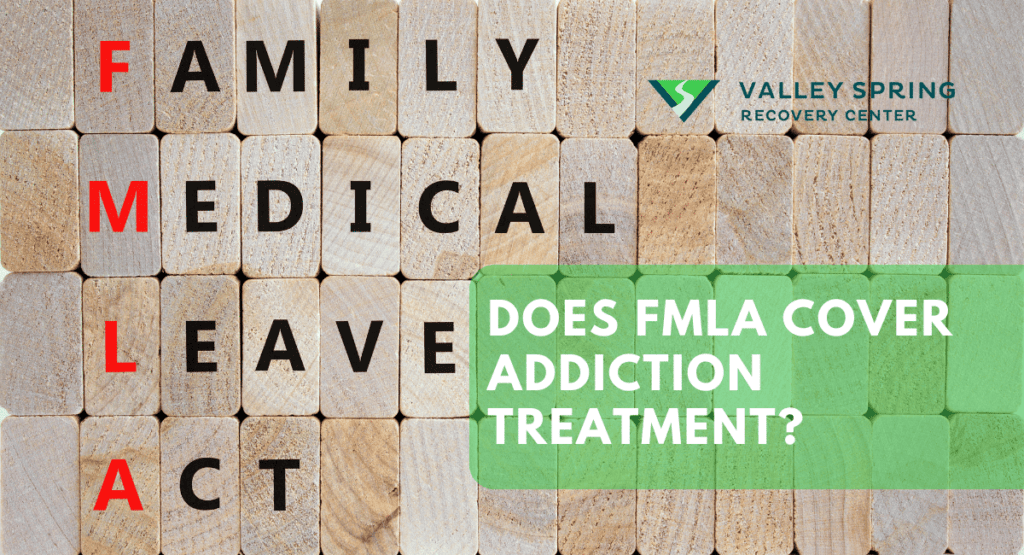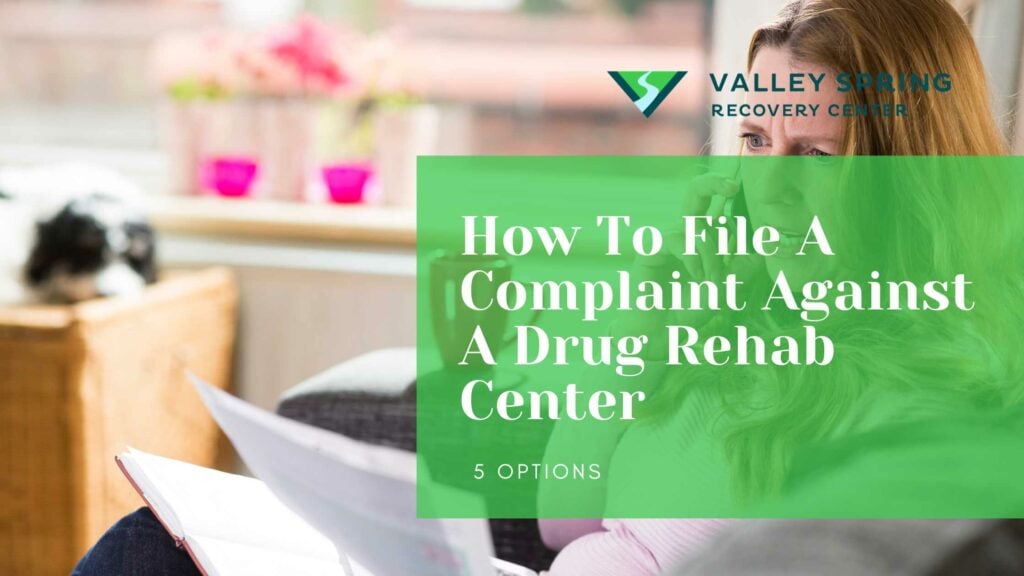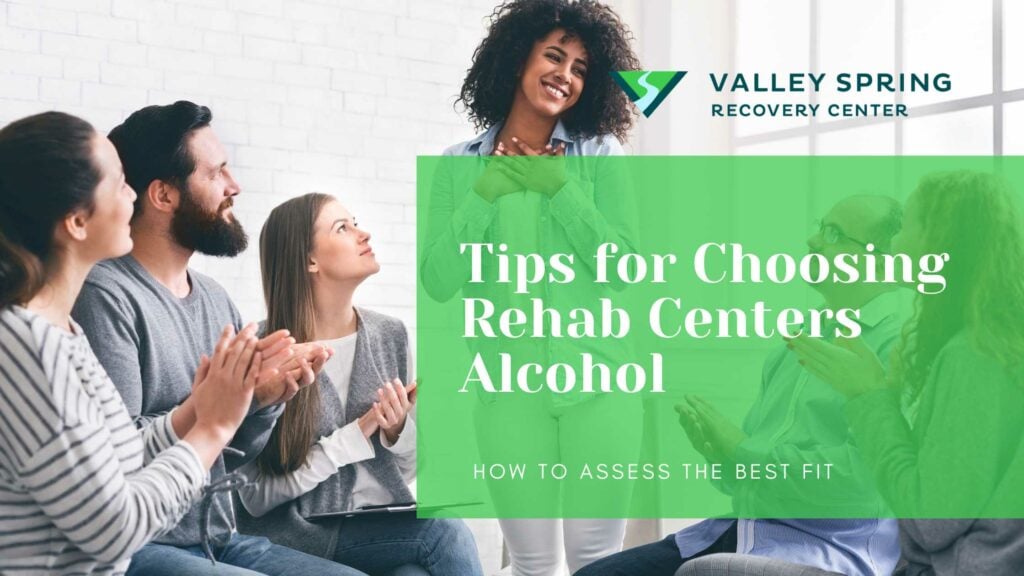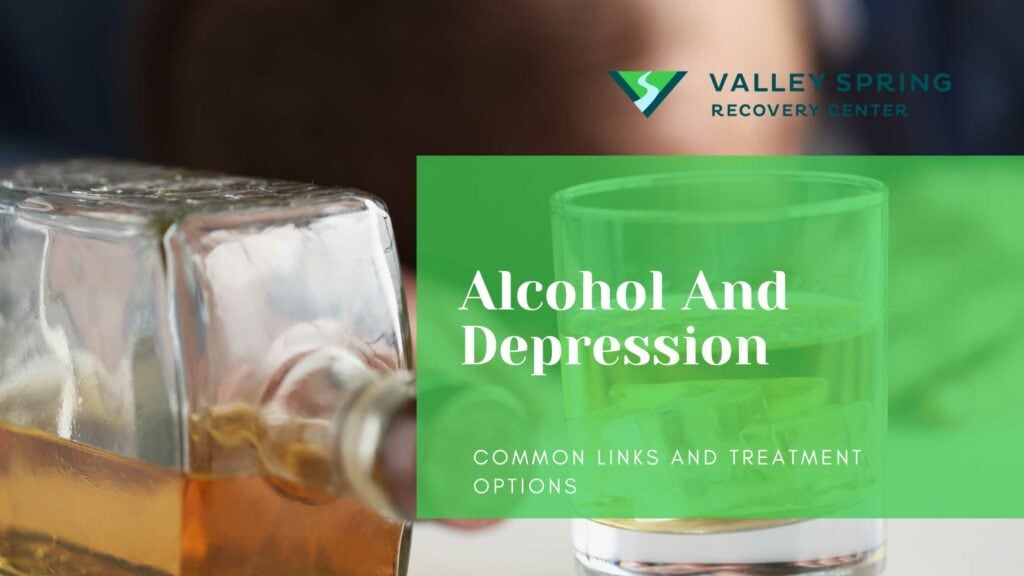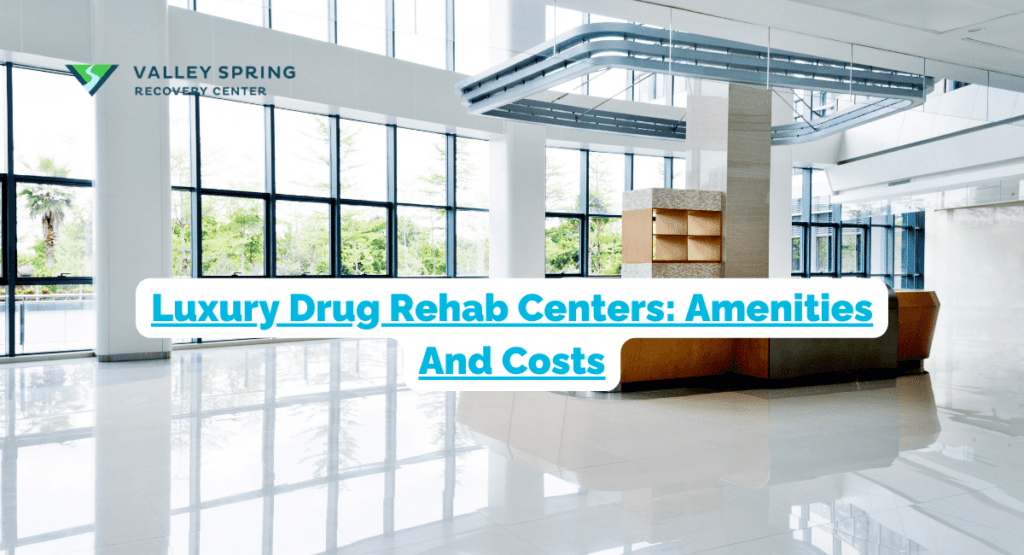When it comes to overcoming addiction and embarking on a journey of recovery, the choice of where to seek treatment becomes a pivotal decision. Private rehab centers offer a range of distinct benefits that can greatly enhance the recovery process. With their focus on discreet addiction help, individualized treatment plans, and a supportive and exclusive environment, private rehab centers provide a unique approach to addiction recovery.
One of the primary advantages of private rehab centers is the ability to tailor treatment to the specific needs and circumstances of each individual. These centers prioritize personalized care, recognizing that no two journeys to recovery are the same. By conducting thorough assessments and working closely with clients, private rehab centers develop customized treatment plans that address the underlying causes of addiction while considering the individual’s physical, psychological, and emotional well-being.
What is a Private Drug Rehab Center?
Private drug rehab centers are substance abuse treatment facilities that are not run by or affiliated with any government agency. Private drug and alcohol rehabs typically offer exclusive recovery programs with the flexibility to design customized treatment plans and services. Private centers rely on payments from patients or their health insurance to operate, so they tend to have a higher cost than public options and may include different tracks and services like PTSD, Co co-occurring disorders, and more holistic therapies.
They can offer more amenities like luxury housing, tailored meal plans, spa/fitness services, and longer treatment durations. Private facilities employ addiction specialists like counselors, therapists, and physicians to deliver clinical care. Treatment approaches utilized may include medications, group workshops, individual therapy, family counseling, and more, depending on the individual’s needs.
Private rehab centers provide substance abuse treatment on either a residential or outpatient basis. Residential programs involve living onsite at the facility for 30 days or longer as an inpatient. This full immersion environment allows patients to focus solely on recovery. Outpatient treatment offers scheduled sessions that individuals attend while residing elsewhere.
Private facilities are licensed and regulated like any other treatment provider. However, they have discretion over areas like curriculum, accommodations, and lengths of stay in order to best serve clients. The overall goal is still to help people overcome addiction, prevent relapse, and establish lifelong recovery skills and habits through clinically sound, customized programs.

What are the Benefits of Private Drug Rehab Centers?
Private drug rehab centers offer several benefits compared to public or government-funded facilities. However, the availability of these benefits may vary among different private rehab centers, so it’s essential to research and choose a reputable facility that aligns with individual needs and preferences. Here are some benefits to expect:
1. Individualized Treatment
Private drug rehab centers typically provide individualized treatment plans tailored to the specific needs of each client. They have the resources to offer personalized care, including customized therapy sessions, specialized treatment approaches, and one-on-one counseling. This personalized approach increases the chances of successful recovery.
2. Prompt Access to Treatment
Private rehab centers often have shorter waiting times compared to public facilities. This means that individuals seeking treatment can usually be admitted quickly, reducing the risk of relapse or withdrawal complications during the waiting period.
3. Enhanced Privacy and Confidentiality
Privacy is a significant concern for many individuals seeking drug rehab. Private rehab centers prioritize confidentiality and offer a higher level of privacy compared to public facilities. They often have strict policies and measures in place to protect the identity and personal information of their clients.
4. Comfortable and Exclusive Setting
Private drug rehab centers often provide a comfortable and luxurious environment for their clients. The facilities are designed to create a serene and peaceful atmosphere conducive to the recovery process. These centers may offer amenities such as private rooms, spa services, gourmet meals, and recreational activities that promote relaxation and well-being.
5. Comprehensive Services
Private rehab centers usually offer a wide range of services to address various aspects of addiction. These may include medical detoxification, individual and group therapy, holistic therapies, family counseling, relapse prevention programs, aftercare planning, and ongoing support. The comprehensive approach aims to treat the underlying causes of addiction and equip individuals with the necessary tools for long-term recovery.
6. Specialized Staff and Expertise
Private rehab centers often employ experienced and highly trained professionals, including psychiatrists, psychologists, addiction counselors, nurses, and support staff. These professionals have expertise in addiction treatment and can provide specialized care and support to individuals with diverse needs.
7. Aftercare Support
Private rehab centers typically offer robust aftercare programs to support clients after the completion of their initial treatment. This may involve continued therapy, support groups, relapse prevention strategies, and access to resources that aid in the transition back to everyday life. The availability of ongoing support significantly enhances the chances of maintaining sobriety.

What are the Differences Between State Funded, Free, or Medicaid treatment centers and Private Drug Rehab Centers?
Public and private drug rehab centers differ in several ways, including the following:
1. Funding and Cost
Public drug rehab centers receive funding from government sources and are often more affordable or free of charge for individuals seeking treatment. In contrast, private drug rehab centers are privately owned and funded, requiring individuals or their insurance providers to cover the cost of treatment. Private rehab centers can be significantly more expensive, but they may offer additional amenities and services that public facilities may not provide.
2. Waiting Times
Public rehab centers, due to their larger caseload and limited resources, often have longer waiting times for admission. This delay can be a critical factor, as individuals seeking immediate treatment may face increased risks and challenges during this waiting period. Private rehab centers generally have shorter waiting times and can admit individuals promptly.
3. Treatment Options and Approaches
Both public and private rehab centers typically offer a variety of treatment options, including detoxification, therapy, counseling, and aftercare support. However, private rehab centers often provide a more extensive range of treatment modalities and approaches. They may offer alternative therapies, holistic approaches, specialized programs for specific populations (such as executives or professionals), and personalized treatment plans tailored to individual needs.
4. Access to Amenities and Comfort
Private rehab centers often provide a more comfortable and luxurious environment compared to public facilities. They may offer amenities such as private rooms, upscale accommodations, gourmet meals, spa services, fitness facilities, and recreational activities. The aim is to create a serene and supportive environment that promotes relaxation, well-being, and recovery. Public rehab centers, on the other hand, may have more basic accommodations and fewer additional amenities.
5. Staffing and Resources
Private rehab centers often have a higher staff-to-client ratio and can provide more individualized attention and support. They may employ a diverse team of professionals, including psychiatrists, psychologists, addiction specialists, therapists, and support staff. Public rehab centers may have limited resources and a higher client load, which can result in less personalized attention and a more generalized approach to treatment.
6. Privacy and Confidentiality
Private rehab centers typically prioritize privacy and confidentiality. They have strict policies and measures in place to protect the identity and personal information of their clients. Public rehab centers also maintain confidentiality, but due to their larger scale and government oversight, there may be a slightly higher risk of information breaches or less personalized attention to privacy concerns.
The main differences between these treatment centers are the quality of care, treatment focus, privacy, and cost. It is crucial to
Which is Better For Me: Public or Private Drug Rehabs?
Determining whether a public or private drug rehab center is better for you requires careful consideration of your individual needs and circumstances. Public rehab centers are often more suitable if affordability is a primary concern. These facilities receive government funding and are generally more affordable or even free of charge.
If you have limited financial resources or lack insurance coverage, a public rehab center can provide access to treatment without the burden of high costs. However, it’s important to note that public facilities may have longer waiting times due to their larger caseload and limited resources. If you can wait for treatment without compromising your safety or well-being, a public rehab center may be a viable option.
Private drug rehab centers prioritize individualized and specialized treatment, tailoring programs to meet your specific needs. Private facilities often provide a broader range of treatment modalities, alternative therapies, and specialized programs for specific populations or co-occurring disorders. If you require a highly personalized approach to address your unique challenges, a private rehab center may be better suited for you.
Additionally, private facilities often have shorter waiting times, allowing for prompt access to treatment. If immediate intervention is crucial to your well-being or to prevent relapse, a private rehab center can provide the necessary support. However, it’s important to consider the financial aspect, as private rehab centers require individuals or insurance providers to cover the cost of treatment. If you have insurance coverage or the financial means to afford private rehab, it can offer a more comfortable and exclusive setting, with amenities and accommodations that promote privacy, relaxation, and overall well-being.
Are private rehab centers more likely to offer alternative or holistic treatment approaches?
Private rehab centers often have the flexibility and resources to offer a broader range of treatment options, including alternative or holistic approaches. These may encompass practices such as mindfulness, yoga, meditation, acupuncture, nutritional therapy, and art therapy, among others, in addition to traditional therapeutic methods.
The availability of alternative or holistic treatments in private rehab centers is more common due to the personalized and comprehensive approach to care that these facilities often provide, tailored to individual preferences and needs.
How does the level of privacy and confidentiality differ between private and public rehab centers?
Private rehab centers often prioritize a higher level of privacy, with more discreet facilities and a reduced likelihood of encountering other individuals from one’s community or social circle. They may also offer more options for private accommodations.
In contrast, public rehab centers may have less stringent privacy measures, as they typically serve a more diverse population, including those with different backgrounds and affiliations. However, both types of facilities are legally bound to maintain strict confidentiality regarding patients’ treatment and medical information, ensuring that personal details remain protected throughout the recovery process.
Are all private drug rehab centers luxury?
No, not all private drug rehab centers are categorized as luxury. While some private drug rehab facilities offer luxury amenities and services, such as private rooms, gourmet food, and spa-like amenities, others may provide more standard or clinical settings without the high-end features associated with luxury treatment centers.
Private drug rehab centers come in a range of styles and can vary significantly in terms of the amenities and services they offer, as well as their cost. Some are designed to be more affordable and accessible, while still providing quality treatment and support. Others might focus on a specific demographic or recovery approach, which can also influence the level of luxury they provide.
It’s important for individuals seeking treatment to consider the type of environment that will best support their recovery, whether that’s a luxury setting or a more traditional rehab facility. The effectiveness of treatment depends on the appropriateness of the services to the individual’s needs, not necessarily the level of luxury.
What Services Are Typically Offered at Private Drug Rehab Centers?
Private drug rehab centers often provide a wide range of services, including personalized treatment plans, individual therapy, group therapy, family counseling, inpatient and outpatient programs, detoxification services, aftercare planning, and sometimes holistic therapies such as yoga, meditation, and nutritional counseling. The aim is to offer a comprehensive approach to addiction recovery.
How Do Admission Processes Differ Between Private and State-Funded Rehab Centers?
The admission process for private rehab centers usually involves an initial assessment, followed by a swift admission process, as these centers often have fewer waitlists. Generally speaking, private drug rehab centers are more concerned that the patient will be an appropriate fit from a financial, clinical and medical perspective whereas in state-funded rehab centers the admissions process is more centered around bed availability.
Can Private Drug Rehab Centers Provide More Personalized Care?
Private drug rehab centers often boast lower staff-to-patient ratios, which can lead to more personalized care. This allows for more individual attention and tailored treatment plans that can adapt to the patient’s evolving needs throughout recovery.
What Are the Differences in Facilities Between Private and State-Funded Rehab Centers?
Private rehab centers typically offer more luxurious facilities, with amenities that may include private rooms, fitness centers, gourmet meals, and recreational activities. State-funded centers are often more basic in terms of amenities due to budget constraints.
How Does the Cost of Treatment Compare Between Private and State-Funded Rehab Centers?
Private rehab centers are generally more expensive as they are not subsidized by the government and often offer more amenities and services. State-funded rehab centers are usually low-cost or free, making them more accessible to individuals with limited financial resources.
What Types of Aftercare Services Do Private Rehab Centers Offer?
Aftercare services at private rehab centers may include ongoing therapy, support groups, educational programs for relapse prevention, and sometimes even job placement assistance. These services are designed to support long-term recovery.
Are State-Funded Rehab Centers Less Effective Than Private Ones?
Effectiveness can vary widely and is not solely dependent on whether a center is private or state-funded. Success rates depend on the specific treatment modalities used, the individual’s engagement with the program, and the level of aftercare support, among other factors.
How Do Privacy and Confidentiality Compare Between Private and State-Funded Centers?
Private rehab centers often offer a higher level of privacy and confidentiality due to having fewer patients and more controlled environments. State-funded centers must also adhere to confidentiality laws, but the settings may be less private due to a higher number of clients and group-focused treatments.
Do Private Rehab Centers Accept Insurance?
Many private rehab centers accept insurance, but coverage can vary greatly depending on the policy and the treatment services provided as well as the type of insurance and if the privately owned treatment center has a contract with that insurance provider. It’s important for individuals to check with their insurance provider and the rehab center to understand what costs will be covered.
What Should I Consider When Choosing Between a Private and State-Funded Rehab Center?
When choosing between a private and state-funded rehab center, consider factors such as the types of treatment offered, the qualifications of the staff, the ratio of staff to patients, the level of personalization in the treatment plan, the amenities, the cost, and the availability of aftercare services. It’s also important to consider the specific needs of the individual seeking treatment.
Ben Fisher
All author postsShare This Post

